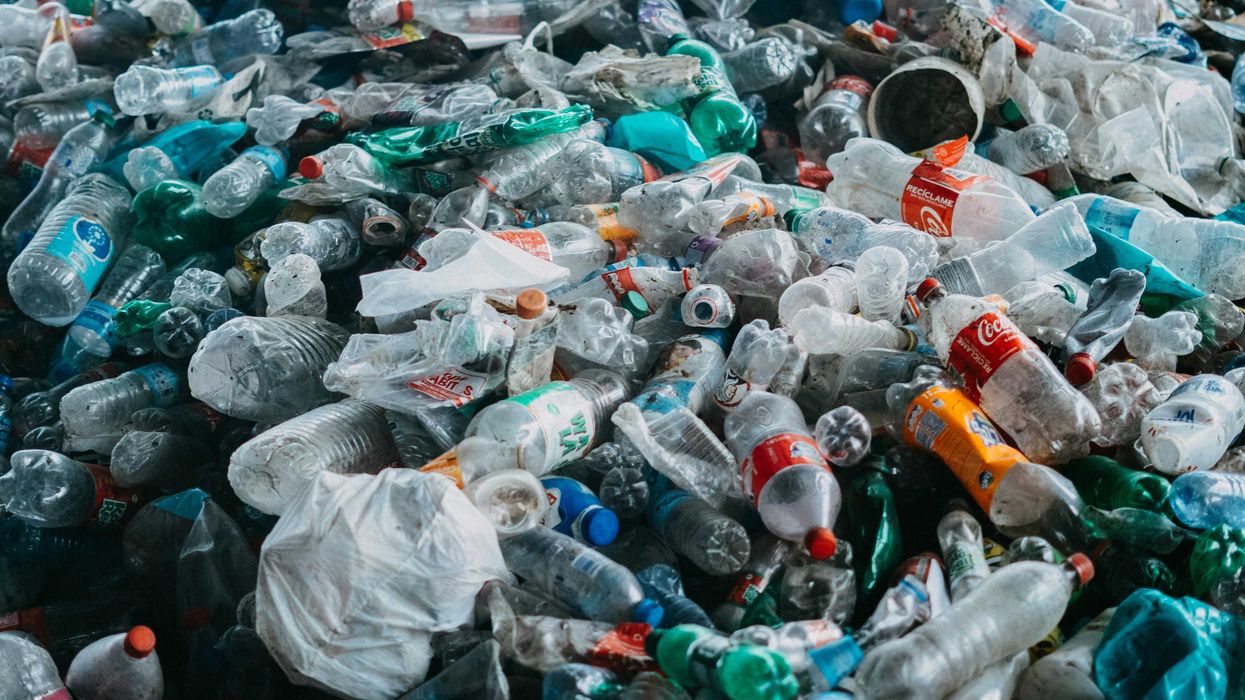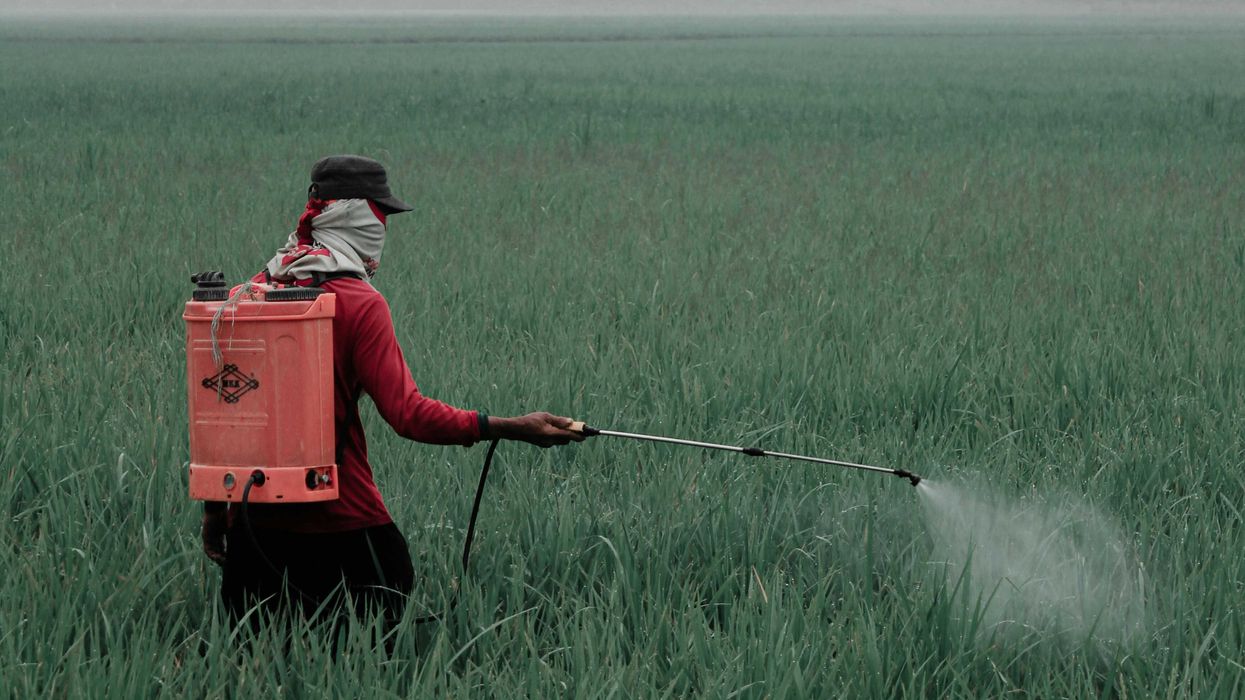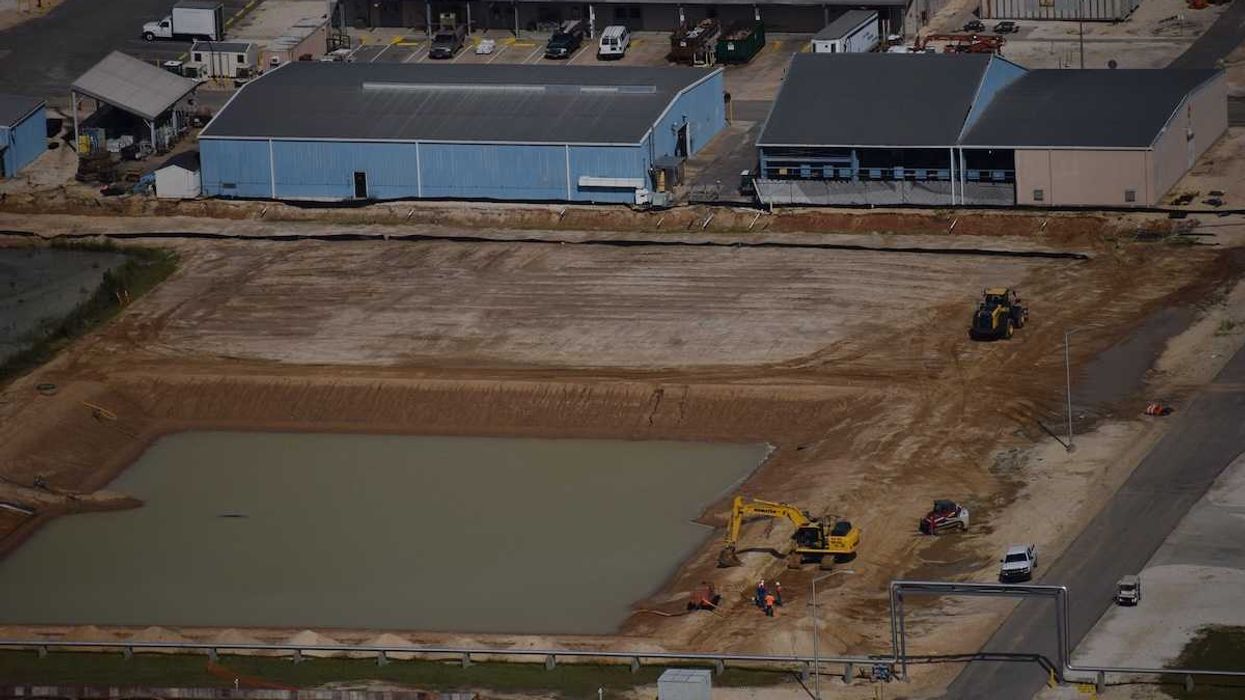Mardi Gras celebrations in New Orleans are leaving behind a significant environmental footprint, with beads and other plastic trinkets causing pollution concerns.
Kevin McGill reports for the Associated Press.
In short:
- The festive tradition results in large amounts of non-biodegradable plastic waste, impacting the city's drainage system and environment.
- Efforts are underway to recycle these materials and promote sustainable alternatives for parade items.
- Nonprofit organizations are leading initiatives to reduce waste by repurposing and reselling parade trinkets.
Key quote:
"The waste is becoming a defining characteristic of this event."
— Brett Davis, head of a nonprofit working to reduce Mardi Gras waste.
Why this matters:
The environmental impact of Mardi Gras festivities in New Orleans highlights the broader challenge of balancing cultural traditions with sustainability. Addressing plastic pollution is vital for protecting urban ecosystems and promoting environmental responsibility during large-scale events.
Hormone-hijackers in plastics risk our future faster than climate change, green chemist Terry Collins cautioned in a 2021 talk. How can we change that?














